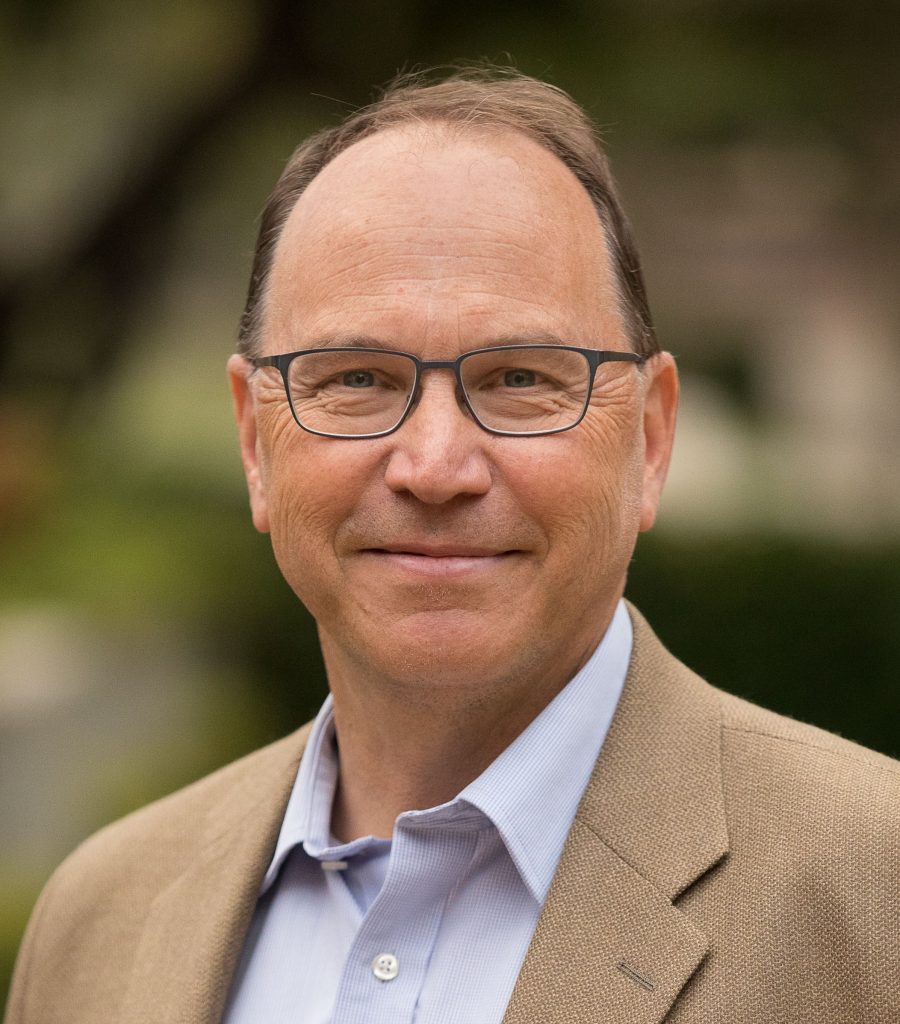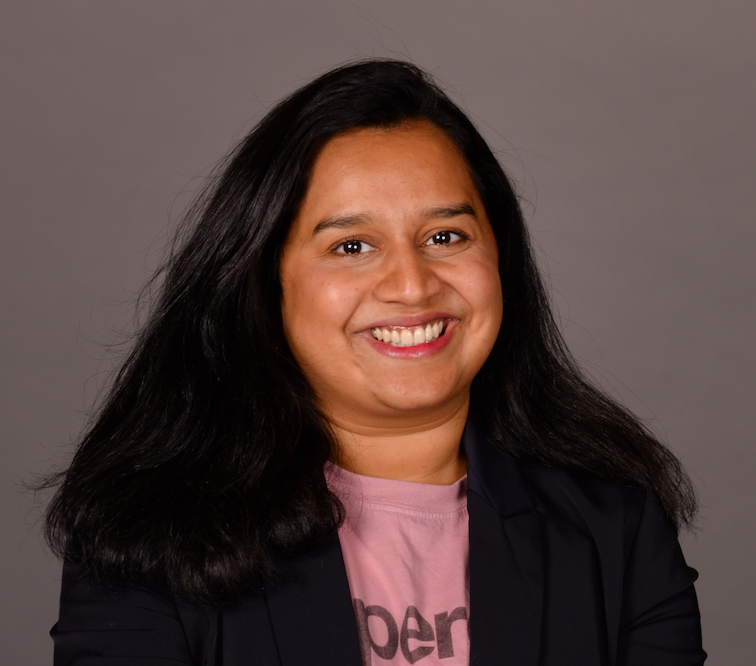
Timothy R. Tangherlini
Professor of Scandinavian, UC Berkeley
Conference Speaking Engagement: Good, Bad or Creative? Kpop dance in the age of TikTok
Over the course of the past several years, and bolstered by the stay-at-home orders attendant the Covid-19 pandemic, TikTok dance challenges have become a locus of “digital creativity”, that encapsulate the interesting tension between individual creativity and the constraints of some generally agreed on aesthetic parameters. As such, these challenges emerge as a locus of folkloric negotiation, where folklore is considered to be vernacular culture circulating on and across social networks, and this vernacular culture is rooted in the reproduction of expressive forms based on customary example. The productive dialectic between the individual creator and the group (virtual or real) of which the individual forms a key part emerges as the site of creativity. As with all folkloric endeavors, there is a tendency for group expectations to place limits on what is allowed. A negotiation of values within the group in turn leads to aesthetic judgements as to whether a dance is “good” or “bad.” Given the born digital nature of these performances, one can trace the dynamics of aesthetics, while developing an understanding of the criteria latent in a group’s reaction(s) to a particular dancer’s contribution. Using deep learning methods developed for a K-pop dance search engine, we turn our lens to a series of K-pop dance challenges to see what type of information we can derive from these short videos. The aim is to chart the range of variation and expectations that lead to judgements like “amazing!”, “super creative!” or “just plain bad!”.
Biography
Professor Tangherlini’s research focuses on folklore, and aspects of informal culture in Scandinavia, with a primary focus on Denmark. A folklorist and ethnographer by training, he has worked extensively on understanding the circulation of informal storytelling in both agrarian and urban communities, and the manner in which stories both reflect and inform changes in social, economic and political organization. He has also studied the rise of various music subcultures in South Korea, and has produced two documentary films about punk rock in Kora. In collaboration with Peter M. Broadwell (Stanford), he has been exploring how machine learning methods can help us understand the circulation of K-pop dance across the internet.

Conference Speaking Engagement: Computational Music Creativity
This talk and performance focuses on the intersection of technological creativity in music, from the perspective of music culture. In the talk, I will discuss how technological defaults in music creation foster some types of musical creativity, while impeding others. In the last years, machine learning in music has both exploded in the variety of people writing automated music using algorithms, whilst also underlining the importance of artists, and human craft. Algorithms now generate very real-feeling speech by modifying individual signal samples, there has been ‘convincing’ music generated by machine, and live streamed. There have been pianos playing and improvising for hours using open models for harmonization. However, the successes of machine-generated music are rarely beyond the realm of western music from a certain time period. The arms race for the best possible algorithm to harmonize in a certain style is of heavy interest to several silicon valley companies for AI, and the interest for ‘other’ kinds of music falls sharply to the floor. I hope to highlight through this talk, key issues in computational music creativity, and the social nature of the encounter of creativity itself.
In the performance section, I will demonstrate music that is written with the help of phrase generating machines trained on a large sample of Hindustani music, as well as improvise with an artificial voice. The mashup of musical cultural styles in these traditions themselves hopefully will highlight some of the points I make through the talk about what music-technological creativity is for, and who does it serve best.
Biography
Tejaswinee Kelkar is a music technologist, teacher and vocalist. She holds an associate professor ii position at the University of Oslo, where she teaches in the Music, Communication and Technology masters program. She works as a data analyst at Universal Music Norway, working with programming tools for business intelligence for Norway and reporting solutions for other territories. She finished her PhD with the RITMO center of excellence at University of Oslo in November 2019. Her research interests are melodic cognition, motion-capture and musical-cultural analysis. Her research focus is on how aspects of melodic perception are illustrated through multimodality, and linguistic prosody.
